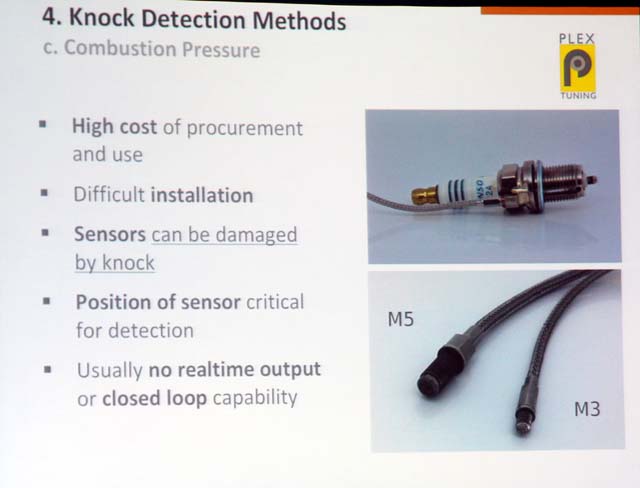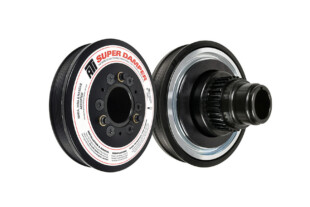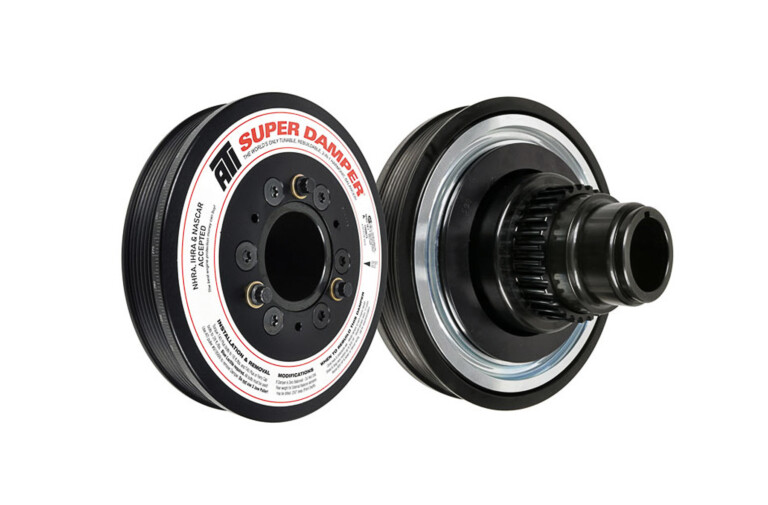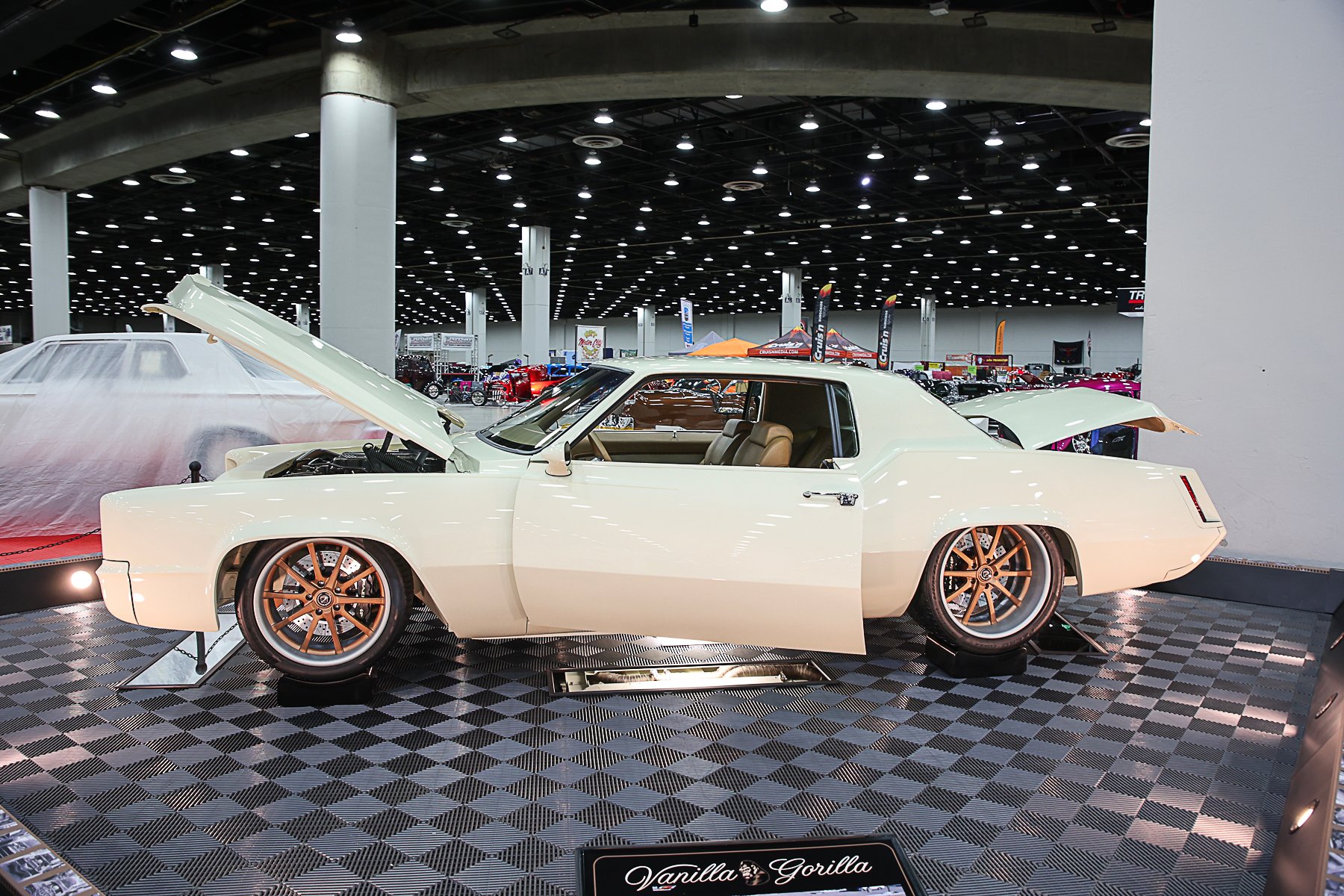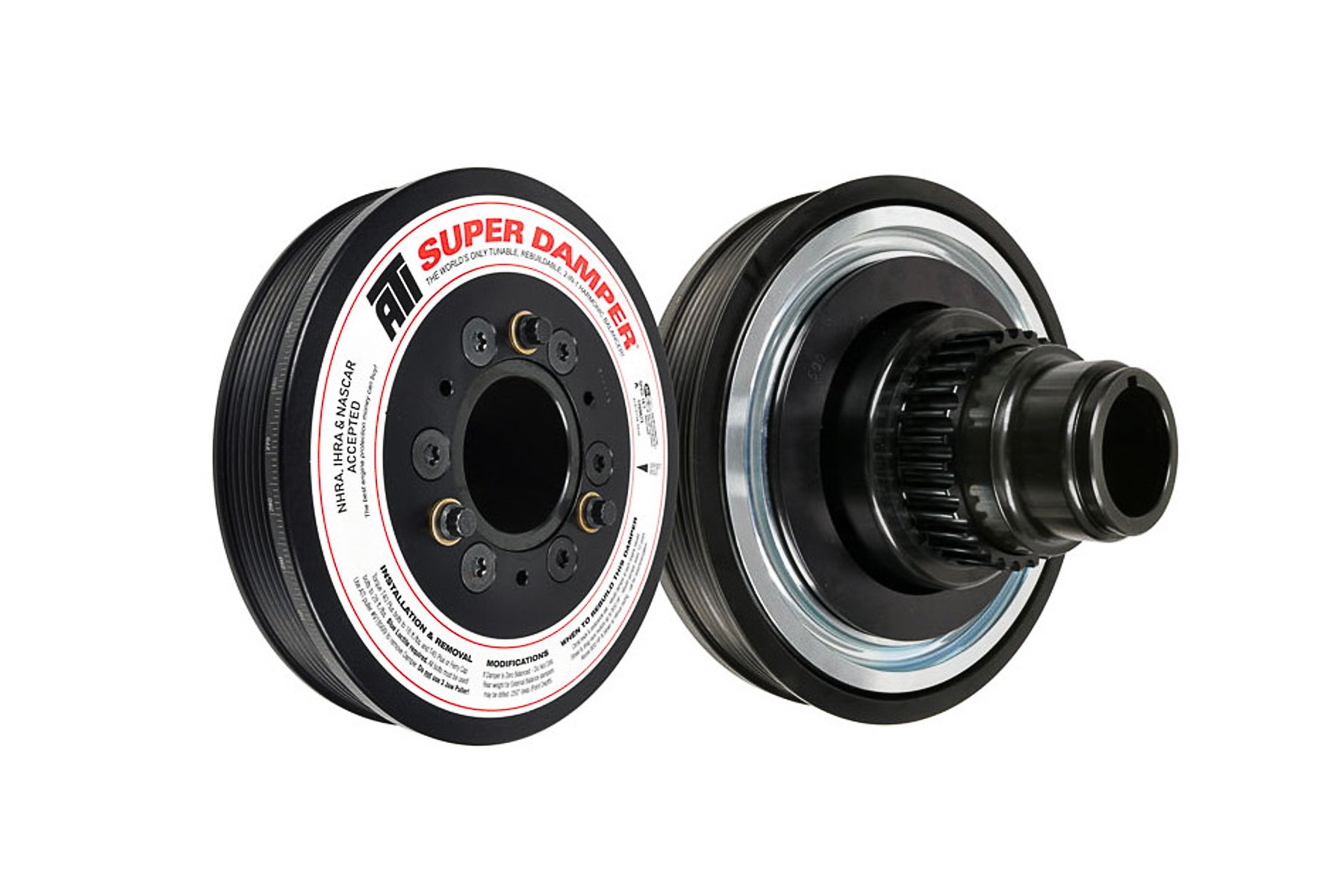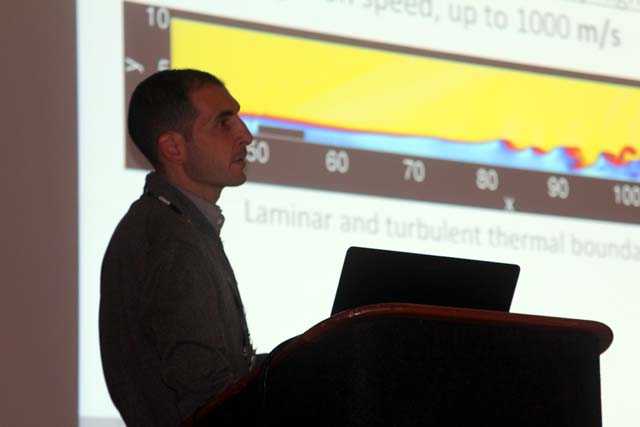
Ioannis Andrianakis of Plex Tuning spoke on controlling dreaded engine knock at the AETC conference.
Power & Performance News is attending the annual gathering of engine builders and gearheads known as the Advanced Engineering Technology Conference, otherwise known as AETC. The AETC has a long list of very accomplished presenters, and one of the more interesting presentations was by Plex Tuning’s Ioannis Andrianakis who spoke about how to identify and eliminate damaging knock in your performance engine.
What is Knock?
In its widest definition, engine knock is any time the air/fuel mixture ignites in the combustion chamber by a method other than the firing of the spark plug. Andrianakis gave three basic categories of knock based on how it happens:
- Misfire–Many engine builders would put misfire in it’s own category, but it is essentially any time only part of, or none, of the air/fuel charge is burned.
- Pre/Post Ignition — When the flame front is initiated before or after the actual spark event.
- Detonation — Detonation happens when the air/fuel mixture is burned at very high speed in an uncontrolled manner.
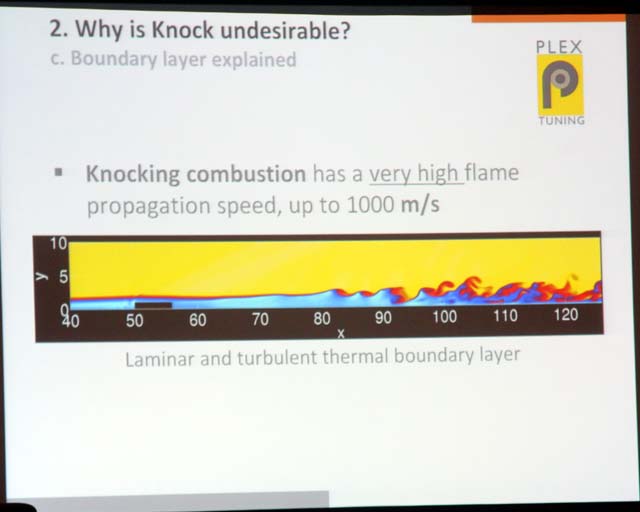
One of the biggest problems with knock is it thins the boundary layer between the combustion and engine, greatly increasing the amount of heat that is absorbed rather than simply travelling out the exhaust pipe.
Knock should be avoided at practically all costs because it can be very damaging to the pistons, pins, cylinder heads, cylinder bores, connecting rods, crankshaft, main caps and bearings. So basically, the entire engine. This is because the uncontrolled combustion can create extremely high cylinder pressures. Andrianakis says that normal combustion typically produces a peak cylinder pressure between 10 to 30 bars. An engine suffering from knock can experience cylinder pressures of 100 bars or more. Honestly, we don’t work in bars too often, but we do know that 100 is a whole lot higher than 30.
Besides the additional cylinder pressure, knock can also be damaging because the boundary layer in the combustion chamber than normally protects components from combustion heat is much thinner. This boundary layer normally acts sort of like insulation between the area of combustion and the engine itself, but because it is thinner, the metal components in the engine see much more heat–despite the shorter combustion duration caused by detonation. Andrianakis says that this additional heat transfer is actually the most dangerous trait of knock, or uncontrolled combustion.
Detecting and Controlling Knock
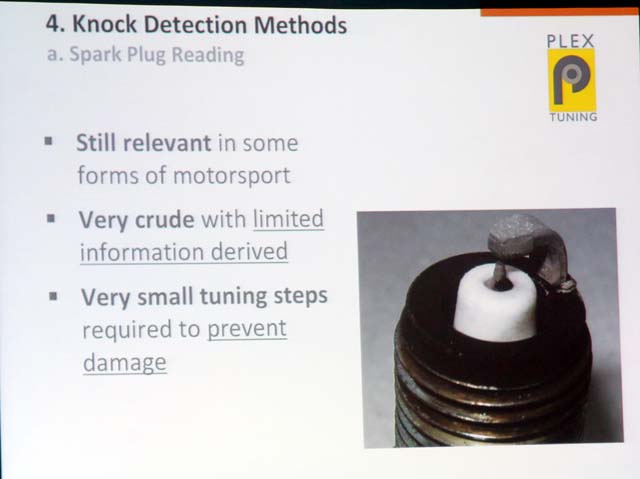
Reading spark plugs is the easiest way to determine if your engine is suffering from knock, but it is also the least precise method and extremely difficult if you are burning unleaded fuel.
Detecting knock can range from anything from the old-school methods of reading spark plugs, to using a knock sensor (which is basically a high tech microphone), to pressure sensors and even exhaust gas analysis. Each method has its benefits and limitations. For example, reading spark plugs is the least precise and not very useful with unleaded fuel, while analyzing the exhaust gases requires lots of equipment and is expensive.
There are several ways to help control knock. Generally, they can be broken down into two categories–those that hurt power and those that don’t. Normally, the easiest fixes will hurt engine power. These include pulling timing out of the engine, decreasing the compression ratio, going to colder spark plugs or–if you use a turbo or supercharger–dialing down the boost.
Options to control knock if you aren’t willing to give up engine power can be a bit tougher but are usually worth it. Options here include reducing hot spots (may require port work in the chambers and smoothing the piston crowns), improving the air/fuel mixture and/or turbulence, cooling the air/fuel charge, improving real seal so that you aren’t getting low-octane oil in the combustion chambers, and if possible, switching to a higher octane fuel.
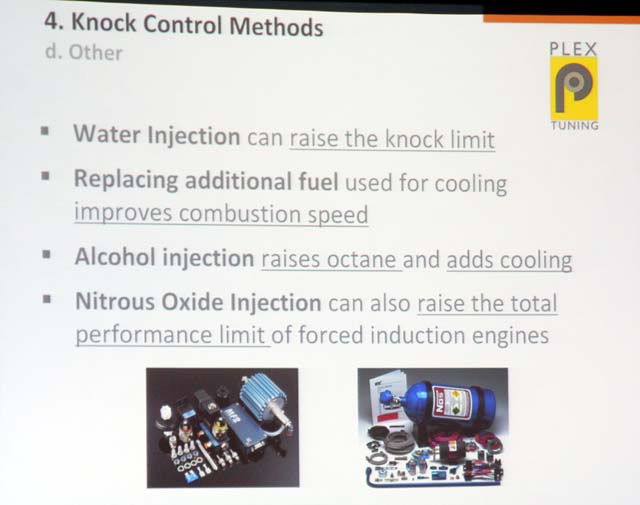
A useful method for controlling knock in high performance applications is to inject water, alcohol or even nitrous oxide into the combustion chamber.
The Good News
But here’s the good news–at least if you have embraced modern, computer controlled engine technologies. In their efforts to improve engine efficiencies, OEMs are working to develop ECUs that not only can detect knock but also change engine parameters to defeat it. It can potentially do this by adjusting the fuel map, retarding the ignition timing, advancing or retarding the cam, or even shutting down a cylinder temporarily. It may take a while before performance enthusiasts will be able to get our hands on this technology and see how we can use this to improve pure performance, but that’s all a part of what makes being a performance enthusiast in the 21st century so much fun!



